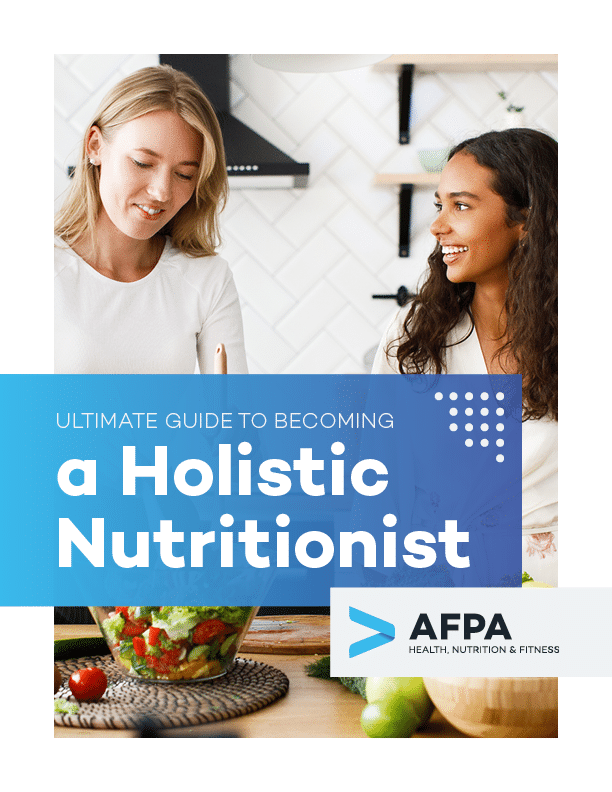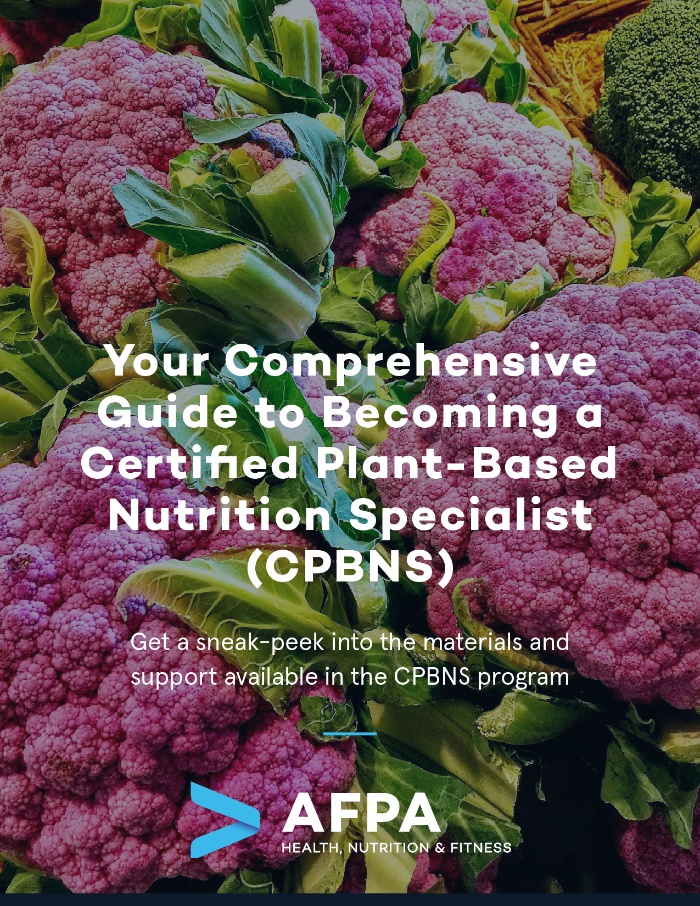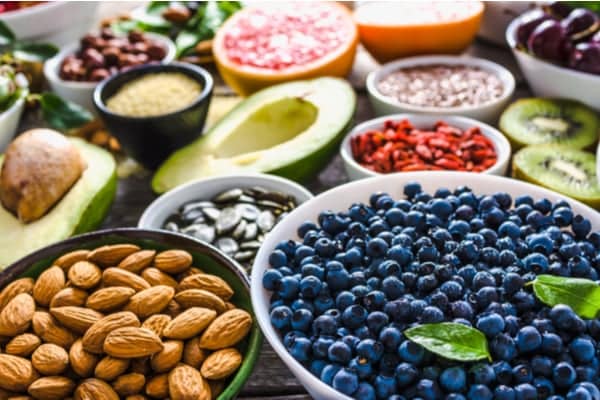Your heart works tirelessly, every moment of every day. It’s responsible for providing oxygen and blood flow to your brain and other vital organs.
Because you rely on your heart for nearly every bodily function and process, it’s crucial to keep your heart healthy and happy. When it comes to reducing the risk of stroke and heart disease, intentional care of your heart is your first line of defense—and the kitchen is a great place to start.
A healthy, balanced diet has a significant impact on reducing the likelihood of experiencing a cardiovascular event. Heart-healthy foods can help lower cholesterol and blood pressure, keep arteries clear from blockages, and even reduce the risk of dementia, according to recent studies.
Every thirty-seven seconds, someone in the United States dies of heart disease. The cost of treating this epidemic disease exceeds $219 billion a year in healthcare services, lost productivity, and medication expenses.
As if those figures aren’t startling enough, consider this: Every three seconds, someone in the world will develop dementia, and the number of people who live with dementia is roughly doubling in size every two decades.
As the philosopher Hippocrates once said, “Let food be thy medicine.” If steps to good heart health lead to the kitchen, it has never been more important for people to take a closer look at how they eat. Here are our top fourteen heart-healthy foods to incorporate into your diet. At the end of the article, you’ll also find four easy plant-based recipes as a bonus to help you kickstart your plans for better heart health.
1. Berries
Don’t be disguised by their sweetness. These little superfoods are all business when it comes to delivering the phytonutrients you need to fight heart disease. They also contain high quantities of soluble fiber and powerful antioxidants like anthocyanins.
2. Leafy green vegetables
Vegetables like kale, spinach, and collard greens have high levels of vitamin K, which acts as a clotting agent. They are also rich in dietary nitrates that help reduce blood pressure and improve the health of blood vessels. Leafy greens were even linked to a 16 percent lower risk of developing heart disease in one study.
3. Whole grains
Adding whole grains like brown rice, oats, quinoa, and whole wheat to your diet can benefit your heart health thanks to the high fiber content that helps lower LDL cholesterol and decrease the risk of heart disease. Numerous studies show that three or more servings of whole grains every day may even lower the risk of cardiovascular diseases by up to 22 percent.
4. Seeds
Flaxseeds, chia seeds, and hemp seeds are chock full of omega-3 fatty acids and heart-healthy fiber. As a bonus, they help you feel fuller longer and may help control overeating and excess calorie consumption. With high levels of amino acids like arginine, seeds are excellent anti-inflammatories and hypertension fighters.
5. Almonds
Although almonds are high in calories and should be consumed in moderation, they also pack a nutrient-dense punch in each small serving. Almonds are a crunchy, satisfying snack with high levels of monounsaturated fats and fiber to help reduce the risk of heart disease and lower bad cholesterol.
6. Edamame
Disguised as an unassuming soybean, edamame is actually a superfood for good heart health. Rich in isoflavones, edamame can help lower cholesterol and improve the overall health of your heart. In one study, eating 50 grams of soy protein every day decreased LDL levels by 3 percent on average. Edamame is also high in dietary fiber and antioxidants.
7. Green tea
Every cup of green tea is spilling over with polyphenols and catechins. Both serve as antioxidants and anti-inflammatories to protect your heart and reduce inflammation. Green tea has also been associated with higher metabolic rates and improved insulin sensitivity. In one group of studies, subjects who consumed catechins from green tea had lower levels of both LDL and total cholesterol.

Get Your Free Guide to Becoming a Holistic Nutritionist
Learn about the important role of holistic nutritionists, what it takes to be successful as one, and how to build a lucrative, impactful career in nutrition.
8. Garlic
While it often gets a bad rap for causing bad breath, garlic is a natural remedy for many different health and cardiovascular issues. Its homeopathic medicinal properties date back several centuries. This mighty little cousin to the onion contains a compound known as allicin, which has been linked to lower blood pressure and a reduction in plaque buildup of the arteries.
9. Tomatoes
No matter how you say it, tomatoes are one of nature’s most heart-healthy superfoods. They are rich in lycopene, which acts as a natural antioxidant to neutralize free radicals and reduce inflammation. Research has shown that people with low levels of lycopene in their bloodstream are more susceptible to heart disease and stroke.
10. Beans
Beans serve double duty, acting as a helper for both heart and gut health. Most beans are composed of resistant starch that helps propagate good bacteria in your gut. Resistant starch has also been linked to improved heart health, thanks to its ability to decrease triglycerides and total cholesterol.
11. Avocados
Avocados are one of the best sources of monounsaturated fat. They are also full of potassium, which is a nutrient that supports cardiovascular health. Just one avocado supplies nearly 1,000 milligrams of potassium. Research has proven that consuming around five grams of potassium per day may reduce the risk of stroke by up to 15 percent.
12. Walnuts
Walnuts are packed with micronutrients like copper, manganese, and magnesium. Researchers have found that eating walnuts can reduce blood pressure, decrease inflammation, and lower LDL cholesterol by up to 16 percent. Just like almonds, they should be consumed in moderate servings, but they make the perfect fiber-rich, filling snack and flavorful addition to recipes.
13. Olive oil
Olive oil has been lauded for decades as a great source of monounsaturated fatty acids, which research has associated with improved heart health. It’s also full of antioxidants that fight damaging free radicals and reduce inflammation. In one study of adults who were at high risk of heart disease, researchers found that subjects who consumed the highest quantities of olive oil were 35 percent less likely to develop heart disease.
14. “Rainbow” vegetables
Brightly colored vegetables like carrots, sweet potatoes, peppers, and squash contain potent carotenoids. There are over 600 different kinds of carotenoids (or plant pigments) that act as antioxidants to help protect cells and fight free radicals. Bright vegetables also contain high quantities of fiber and vitamins A and C.
Healthy eating doesn’t equal boring eating
There are plenty of ways to include fiber, antioxidants, and vitamin-rich foods into your regular diet. Research has proven that a plant-based diet is extremely beneficial in the prevention and management of cardiovascular issues.
Fruits, vegetables, whole grains, and the other heart-healthy foods on this list have been proven to improve cholesterol levels and weight and reduce waist circumference. They also have a positive impact on blood pressure, blood vessel health, and the ability of the body to fight inflammation that can spur on cardiovascular diseases and other health problems.
Unfortunately, many people are under the false assumption that they have to limit themselves to the same boring salad or a bowl full of carrot sticks to experience the benefits of a plant-based diet. It’s simply not the case. Now that you have a list of heart hero foods in hand, here are some links to a few quick and easy plant-based recipes that will add variety, flavor, and a host of health benefits to your diet.
Savory Sautéed Kale
If anyone ever told you that leafy greens aren’t satisfying, they haven’t tried this rich, garlicky recipe. It features vitamin K-rich kale, coupled with flavorful garlic and seasonings. With the addition of healthy fats from olive oil and the nutrient-dense bulk of the kale, this recipe is filling on its own or as a side dish.
Quinoa with Grilled Zucchini, Garbanzo Beans, and Cumin
This smoky, spicy dish incorporates several of the superfoods on the list and adds a kick from cumin (a heart-healthy spice) and paprika. You can marinate the beans up to two hours to pack them full of citrusy flavor before you combine them with freshly-grilled, seasoned zucchini.
Berry-Almond Smoothie Bowl
This subtly-sweet smoothie bowl blends antioxidant-rich berries with the hearty crunch of almonds. Frozen bananas and a splash of almond milk add a creamy texture and satisfying smoothness. With 736 milligrams of potassium and a host of other vitamins and nutrients, it’s perfect for a fast, filling breakfast.
West Coast Avocado Toast
Sprouted, whole grain bread, combined with the healthy fat of creamy avocados and the crisp texture of sprouts makes this avocado toast recipe a delicious source of cholesterol-fighting fiber and stroke-busting potassium. A sprinkle of sunflower seeds adds a bit of crunch and omega-3 fatty acids.




